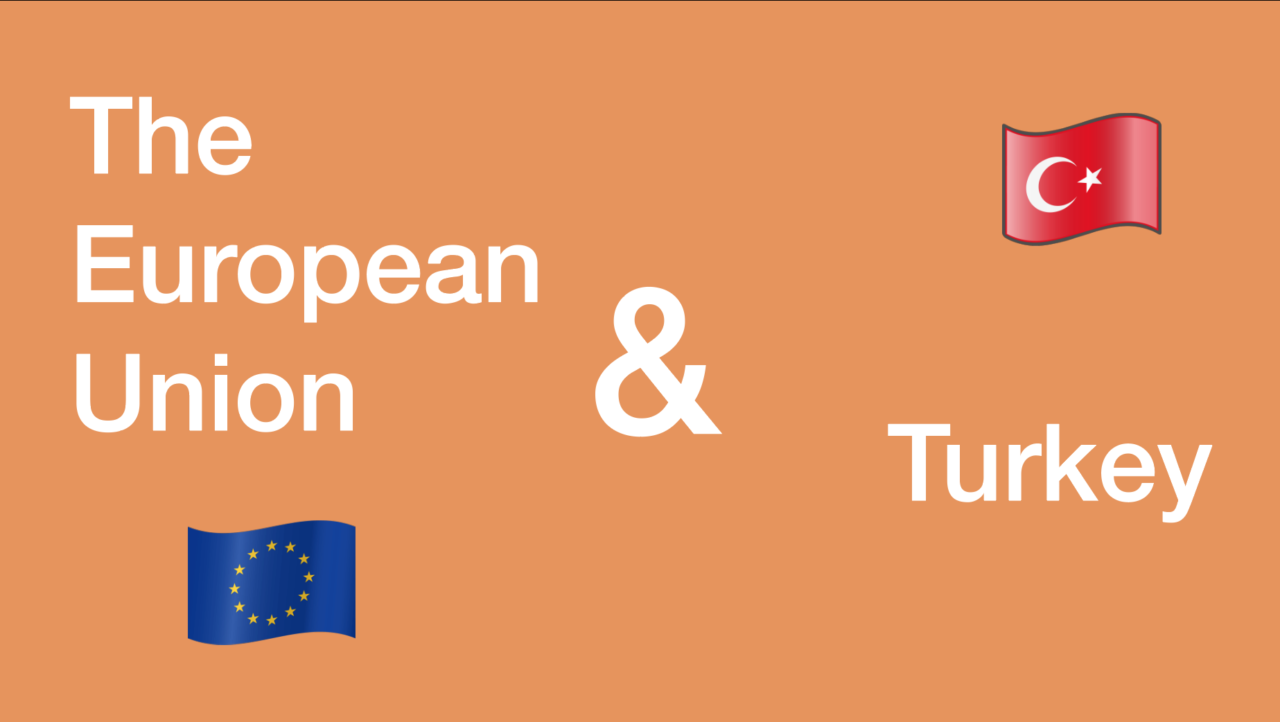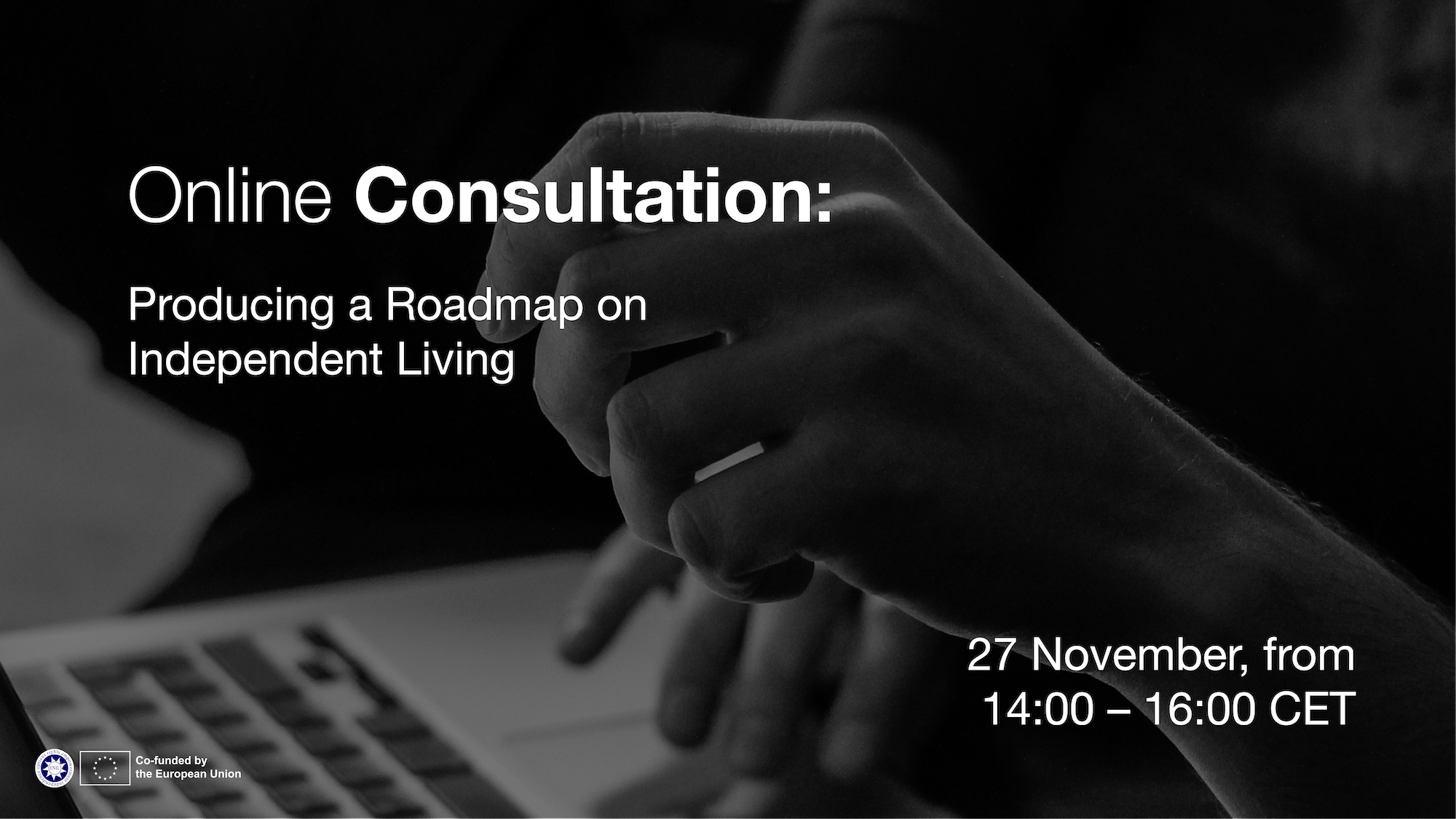In June ENIL and the Turkish Association of Women with Disabilities presented the results of the PAKT projects which compared independent living in Turkey and the EU. In both political entities, independent living is being hindered by many obstacles according to a key result.
From 1 April 2021 until 31 August 2022 the European Network on Independent Living (ENIL), together with the Turkish Association of Women with Disabilities (ENG-KAD), implemented the PAKT project on personal assistance. The goal of the project was to promote the development of personal assistance in Turkey by ensuring that people with disabilities are better informed and better able to advocate for personal assistance.
On 14 June 2022 the project team presented key insights from the project at the European Parliament in Brussels in the course of a conference. One of the main conclusions: Both in Turkey as well as the EU the adoption of the independent living philosophy as well as personal assistance are being hampered by a variety of factors.
First, views on disability rooted in tradition and scepticism towards what is seen as western ideas dominate the discourse. Disabled people are regarded as objects of pity and charity. This view is popular among policy makers who like to engage in fund raising for this seemingly noble course. In more extreme forms of this view, the disabled are seen as half humans or dependent little brothers and sisters. Religiously dominated concepts see disabled people as sinners and recipients of divine punishment or alternatively persons who are made to suffer by God to be rewarded in the afterlife. Such views are by no means restricted to Islam though. The project team reported of a case from Bulgaria were the head of a monastery expelled disabled people from a building because according to this abbot they were sinners. The various ableist views maintain a system of disability care reproducing the medical model of disability.
Second, although Turkey was one of the first countries to ratify the United Nations Convention on the Rights of Persons with Disabilities (UNCRPD) in 2009, the country´s laws do not reflect this. The main legislation regulating care for disabled people, is called law No 5378 and entered into force in 2005. Under this law a disabled person is defined as being a care dependent individual. Consequently, the decision to regarded a given person as disabled is taken by a council of doctors. Home care support is limited to care dependent persons living in households were the monthly average income is lower than 2/3 of the minimum wage. Living under the guardianship of a leading household member like a husband or a father is another precondition for eligibility. Income support or money to pay the home care service is always paid to the head of the household. The leading household member also holds the power to have a disabled person institutionalised against their will. Especially among people with intellectual disabilities, the prevalence of institutionalisation is seen as high.
Unfortunately, also in the EU the overall trend is not positive, the project team reported. The EU´s reports on Turkey did not mention disability. The pre-accession funds had only very recently started to include disability. Instead of investing in community-based services, the EU and member states had started to direct more funding into the construction of smaller institutions, called group homes. The increase in group homes had halted the process of deinstitutionalisation in many places. Huge amounts of EU funds were being used to invest in these micro institutions. The establishment of group homes was often presented as temporary, however to plans to integrate the disabled inhabitants existed.
ENIL was reporting such practices to the European Commission on a regular basis. Unfortunately, the Commission had so far shown no intention to move against member state practices.
To free disabled people from institutions and enable them to live independently an expansion of personal assistance both in the EU and Turkey was needed. When implemented, personal assistance needed to support the full self-determination of the disabled person when providing its one-on-one support. Individual needs assessments and personal budgets were indispensable elements of good personal assistance.
28 June 2022
Florian Sanden, ENIL Policy Coordinator



